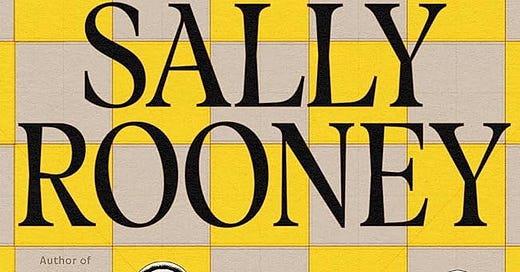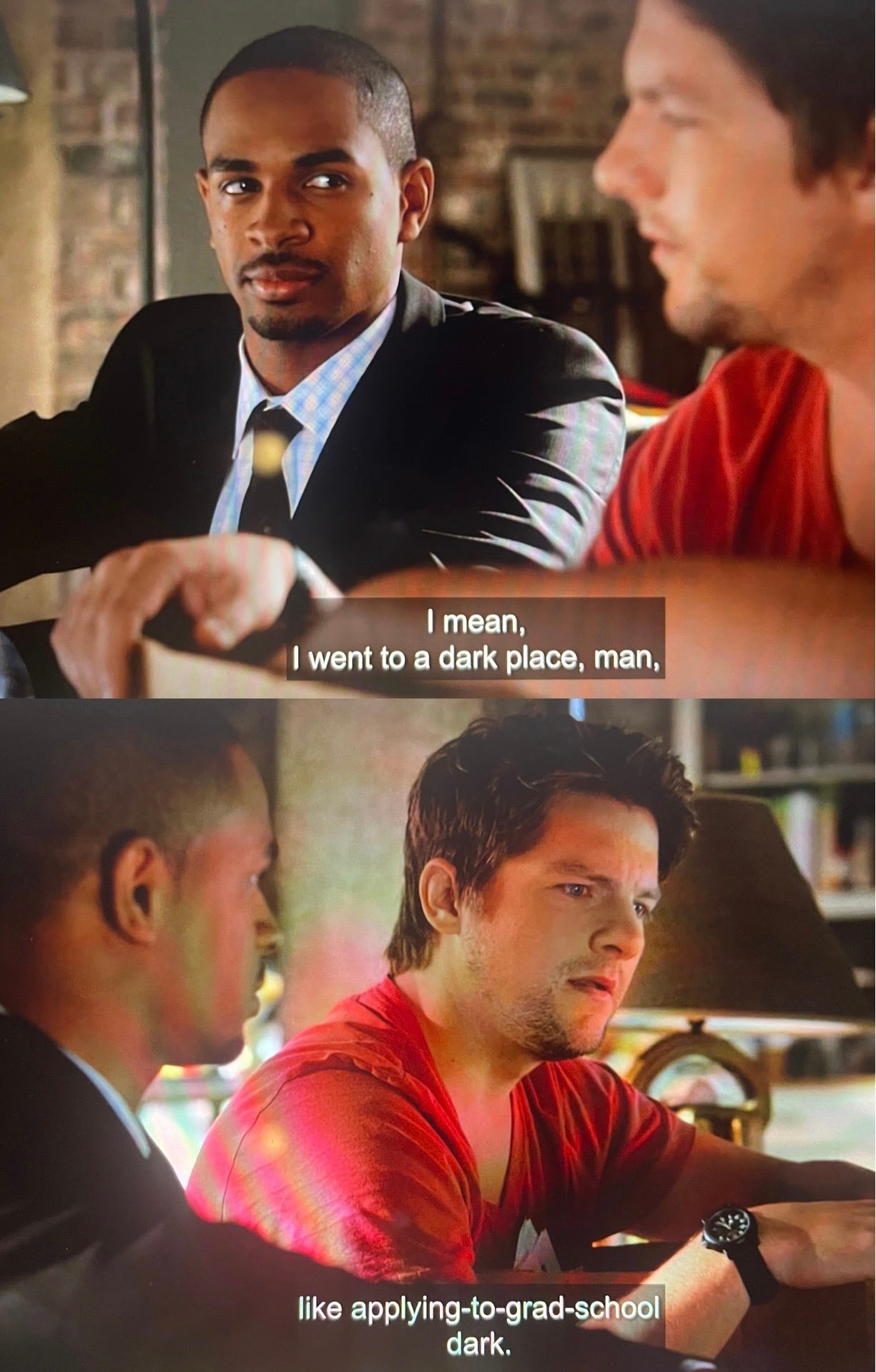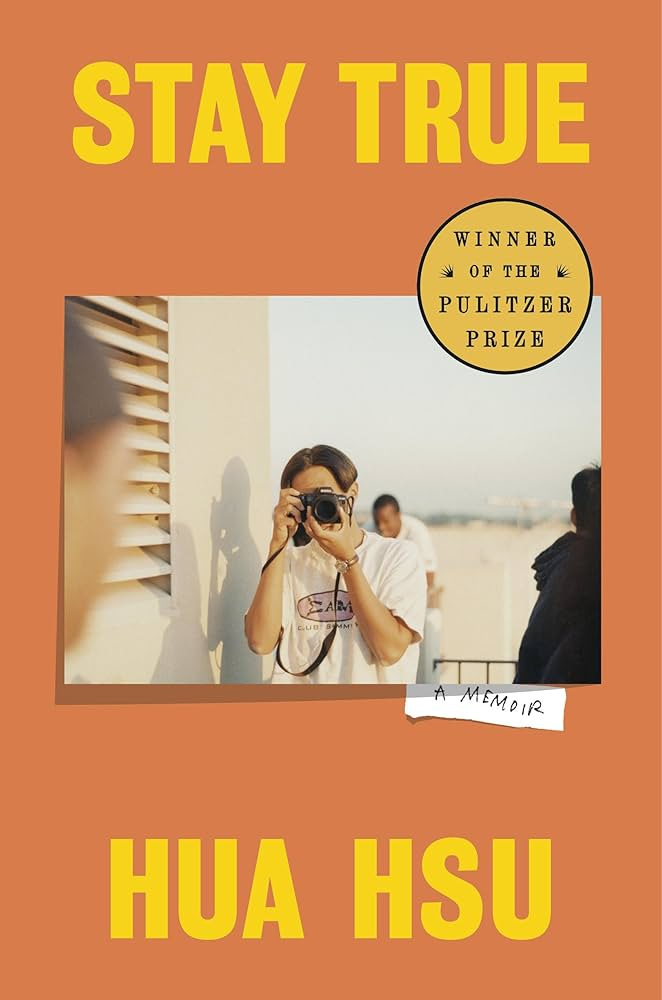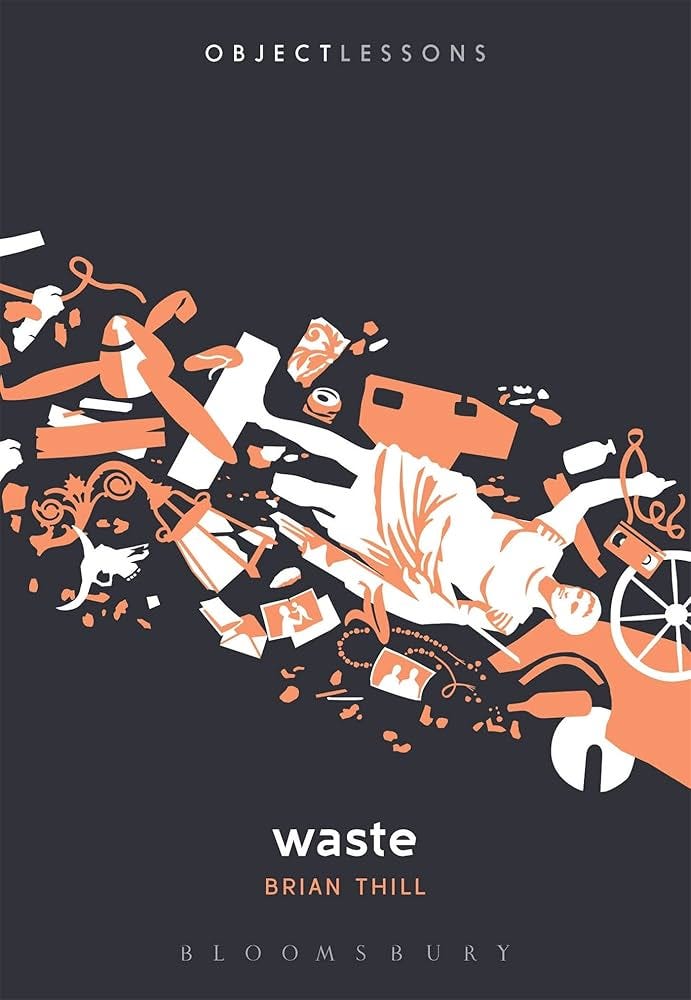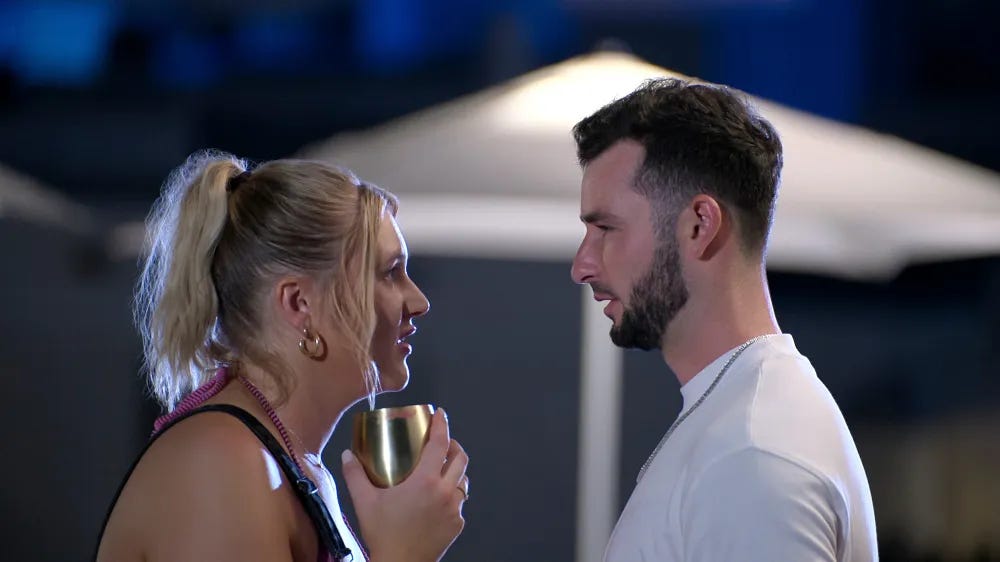Pardon the even longer than usual radio silence, but I am a *drumroll please* graduate student now. Please clap! *crickets*
Yeah, so, for the past month and a half, I’ve been a “master’s student” in “English and American Literature.” I know the trope is, like, grad school is what you do when you run out of options in life, and that’s true, but I’m enjoying myself so far. Turns out all this junk actually grabs your attention when you’re paying out of your own pocket to learn it!
It’s also kind of nice to have a totally separate school and home life. In undergrad, you’re consumed by college — the academics, the competition, the social aspect. Now, I go to class, I go to the library, and then I go back to Brooklyn, where I live alone, a blissfully solitary existence. I will say my social battery is quite drained in a way it hasn’t been in a while, probably because I’ve doubled the number of people I see every week just by sitting in a seminar room with a group of students who are largely younger than me. It’s hard to keep up with the youths. They’re so cool and fashionable and I’m over here trying to dust the cobwebs off of my deep-fried brain. Thank god I was already a Charli stan pre-brat and can understand THAT lingo. I sound like a cranky old dad.
reads
I’ll focus mostly on what I’m reading for fun, but I’ll include a little something below on academic reads in case you want to learn through osmosis (again, my brain is barely functional). One of my professors actually said something in class about how none of us probably consider ourselves the arbiter of determining whether a book is good or not, and I was like, oh, no, I think I am. Have you ever even HEARD of READ with MITH? Reading’s not FUN. It’s an opportunity to criticize the hard work of others while you aver your own moral and artistic superiority.
Anyway, Hua Hsu came to campus for a Q&A on his memoir Stay True and I figured I’d read it and attend. It’s a memoir that focuses on his college years and the death of his best friend in a senseless and violent carjacking.
It took me a minute to get into this one, but once I did, god, did it fucking grab me. Hsu’s prose is both subtle and elevated, and the devastation just kind of sneaks up on you. He really gets to the core of the first-generation American perspective— and, frankly, the lost young person— so well. He pulls no punches when talking about his pretentious young persona. It’s quite vulnerable! It’s not easy admitting that you’re desperate to both fit in and seem unique, living in between those two diametrical desires, never really fully committing to the weird bit but always trying to make an effort to stand out a little bit. Hsu wonders: does that ever go away?
Hsu committed to the bit, though, and we get some really witty and poignant commentary out of it. His reflection on his relationship with his friend who was murdered, Ken, is really beautiful. The way he talked about life and memory at the event made me tear up a little bit. At one point, he said, “I remember the walks home from the bar more than I remember the bar itself,” and I think that gets to the heart of what the book’s about—not just the search for your own identity, but the people around you who help you find it. This review from the failing New York Times articulates it pretty well.
As I said, I had a hard time investing in the book at first, probably until the start of the second half. I don’t know if this is just because things happened that interested me more or if it just felt more well-formed. Either way, I thought things were a bit disjointed to start and felt aimless in a way that wasn’t meaningful to the tale. But it gets really good after that and I will remember it for a long time. Does that make sense? I don’t know what I’m saying half the time. And that, my friends, is the life of an English graduate student. 4.4/5 stars.
now for the review you REALLY want to see …
Intermezzo is my favorite book of the year. Have I read enough this year to really determine that? No. But, like, fuck me, come on:
His name she murmurs and called to her without thinking he answers for once honestly: I love you. I love you too, she says. He closes his eyes. Exhausted, drunk, ashamed. Wanting forgiveness. Take back everything. Live the right life.
Ah, how I yearn to YEARN!
Intermezzo follows two brothers, Peter and Ivan, in the immediate aftermath of their father’s death and the romantic relationships that ensue. You already know I love Sally Rooney’s writing style, and this is simultaneously her exact vibe and also a bit different. Peter’s chapters are written in a real stream-of-consciousness style (see above), which I absolutely adore and are by far my favorite parts of the novel. Ivan’s parts are quite distinct, but not overly so. He meets an older woman, Margaret, who he starts a sexual relationship with, and we get narration from Margaret’s POV as well, which I wasn’t totally sure about, but ultimately works well to give us a fuller picture of the characters and their relationship.
We’re taken into the minds and hearts of all the characters involved in a visceral way. We feel their desires, their sadness, their uncertainties. The three POVs work in unison to represent the competing parts of one’s brain. Despite the different ages and perspectives of the characters, the human experience of desiring to be loved and to feel fulfilled is universal among them. Rooney does such a good job of laying bare the parts of ourselves that we don’t want to acknowledge while also challenging these thoughts from every side of the spectrum. It’s both deeply personal and grandly philosophical, a balance she tows with grace and aplomb.
Yes, the plot is a bit meandering, and while the ending is appropriate and generally satisfying, it’s hard not to wish for more, especially on Peter’s end. Of course, Rooney also veers into her typical territory of overwrought, pretentious musings, which fit well with the characters but can be tiresome to engage with after a while. And, while I ultimately came to enjoy the third narrative perspective from Margaret, I sometimes wished it was evened out a bit with another romantic partner’s POV on Peter’s side.
The purity of the writing is where Intermezzo shines, and these shortcomings pale in comparison to Rooney’s mastery of the pen. Is this a perfect novel? No. But sometimes you can just feel a book in your bones and you know it’s perfect for you, and that’s what matters. 4.7/5 stars.
school junk
I’m taking one class that everyone in the program has to take on advanced literary study, so it’s pretty theory-heavy. We read Caroline Levine’s Forms, which is about how everything is a form and forms merge and combat each other and forms make up other forms. Please don’t ask me to say more than that because I doubt you’re eager to read my academic writing on the subject.
A bit more accessible of a read was Waste by Brian Thill, part of a series on the “hidden life of everyday objects.” Thill says that everything is garbage. Hell yeah! My favorite idea he presents is that our culture around waste—disposing of it, attributing value to it, etc.— is reflective of the power structures that govern us and what we’ve been taught to think about our own humanity. We think trash goes away. It doesn’t! Well, we all know that now, but, to an extent, many of us are in privileged positions where we can practice some sort of willful ignorance. He has a great line about the core of our capitalist-grounded life, where we’re taught to believe in, and do things, under the guise of “the eternal dream of empire and the hubris of a vision for eternal hegemony.” It’s pretty sick, actually. Turns out simultaneous working and schooling takes a lot out of you when you also have to balance it with designated chunks of time to watch The Real Housewives of Beverly Hills.
My other class is on modern Irish literature. “Modern” refers to a very wide range of time. We started out reading Gerald of Wales’s crazy takes on the Irish in the 1100s and then Edmund Spenser’s even WORSE takes at the end of the 16th century. We also read Irish poetry from between the 1400s-1700sish, when Irish culture was really dulled and had been rooted out in a lot of places. Then we took about a two hundred year leap and got into James Joyce territory. I’m getting flashbacks to being around college boys who creamed their jeans at the very thought of Joyce. We’re just doing stories from Dubliners, but I really, REALLY should have made a better effort to fucking read Ulysses in order to sound a little intelligent. Well, we all pay for our sins in the end. Maybe winter break.
other media
Let’s just do a quick rundown of some of the couples on the current season of Love is Blind so you can see how fucking ridiculous it’s been:
Tyler did not disclose he had children to his partner in the pods. When he finally told her about them (WAY after he should have, like, post-engagement), he said they were “sperm babies” of a friend and “don’t know what he looks like.” Outside the show, however, this has been disputed; it seems like he was active in the children’s lives and maybe illicitly naturally conceived some of them AND abandoned them once he went on the show?? I’m pretty sure they got married, but hopefully Ashley’s actively giving him the boot at this moment.
Hannah told the millions of people watching this television program that her partner, Nick, does not like to perform cunnilingus. She is also really fucking mean to him and spends most of their relationship listing things he’s not good at. In fairness to her, he doesn’t seem like an amazing fiancé and kind of sold her a little bit of a story in the pods, but she’s, like, REALLY fucking MEAN. It’s hard to watch.
Tim told his partner, Alex, that he “never wanted to see her again” after she took a nap after meeting his parents. There is obviously context to this that we’re missing, but it was really a shocking way to break up with someone who hasn’t ostensibly done anything that bad. If John was to get angry every time I napped, he would live his life in a blinding rage.
Ramses and Marissa are a fascinating case. Marissa used to be in the military, and Ramses clearly disapproves of this, and has conversations disavowing U.S. imperialism, even mentioning Palestine, which I’m SHOCKED Netflix aired. I obviously agree with him, though he probably should have sussed this out in the pods. But THEN he starts getting weird about sex stuff — he hates wearing condoms and seems to be annoyed when Marissa is sick or has her period and doesn’t want to do anything. He almost had me! But, as it usually turns out, he’s just this guy:
Stephen and Monica are fucking hysterical. Stephen, who admits in the pods to cheating on a former girlfriend AND voting for Trump, gets picked by Monica anyway, who’s in her late thirties and clearly just wants to settle down. They then have weird conversations where she keeps bringing up the fact that he doesn’t get her flowers and HE won’t stop talking about sex in the most insane and random ways. Days after they return from Mexico, he gets caught sexting another woman who he met while “drunk” at a “SLEEP STUDY”????? It’s too good.
Thanks for your patience as I navigate this new commitment in my life. I will continue writing this newsletter and writing for fun more generally and I’ll aim to have something out every two weeks. If I don’t, you can unsubscribe. Punish me, baby!
Free Palestine and keep Iran and Lebanon in your hearts. In solidarity forever.

